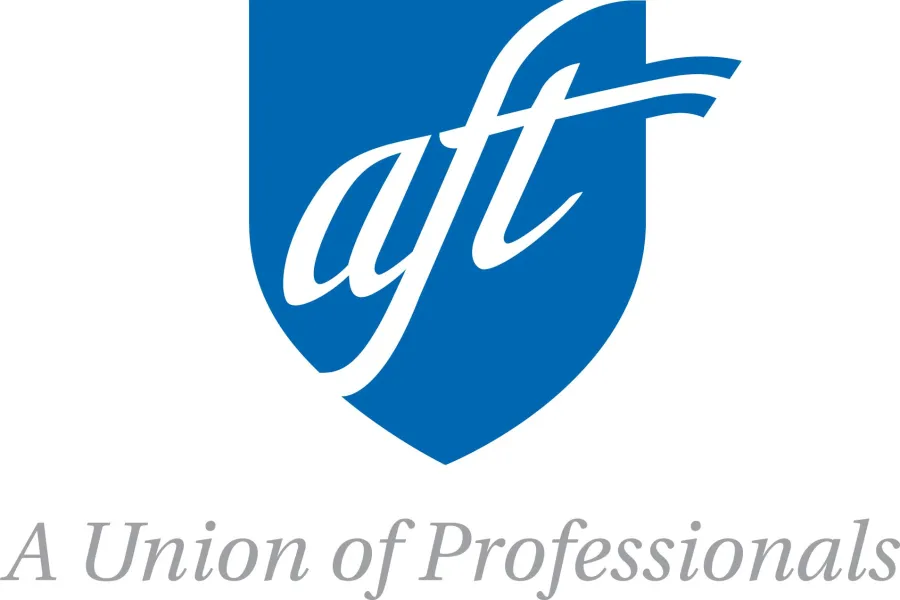From AFT: Working people are stronger together.

Fun fact, as we celebrate this Labor Day: Unions are cool again. Just this week, a Gallup poll shows that unions are more popular than they have been since the 1960s. Nearly half of nonunion workers say they would join a union in their workplace if they had the chance. And young workers are even more enthusiastic about unions. More Americans are realizing what union members know: Working people are stronger together. Yet today, Americans are 11 times more likely to have an Amazon Prime membership than to have a union card. We must continue to work to expand the American labor movement and redouble our efforts to ensure that all workers—the members of our union and of our broader community—have the voice and agency they need to secure their aspirations and dreams. It won’t be easy. For more than a century, powerful forces have conspired to erode workers’ rights and union density in the United States—from robber barons, corporations and conservatives, to union-busting by today’s most profitable companies. Unfortunately, some of these forces also oppose public education and teaching children to have tolerance, empathy, and the skills, knowledge and ability to think critically that they need to achieve their dreams. These forces oppose unions for the same reason that workers support them—because unions enable workers not just to ask for things from those in power, but to have some power of their own. That power—to secure voice and agency in one’s work, better wages, healthcare benefits, paid time off and safe working conditions—can be life-changing. The labor movement is about bread-and-butter issues, of course, but we are so much more. Labor unions, including the AFT, supported the 1963 March on Washington for Jobs and Freedom, where Martin Luther King Jr. gave his “I Have a Dream” speech. Indeed, a good union job with decent wages and benefits was as much a ticket to economic security then as it is now. The labor movement is about advancing union members’ rights and needs and the needs of our communities; we bargain for the collective and for the common good. We give people a vehicle through which they can take their hopes, their dreams and their aspirations, and turn them into actions. .... In unity, Randi Weingarten Fedrick C. Ingram Evelyn DeJesus |